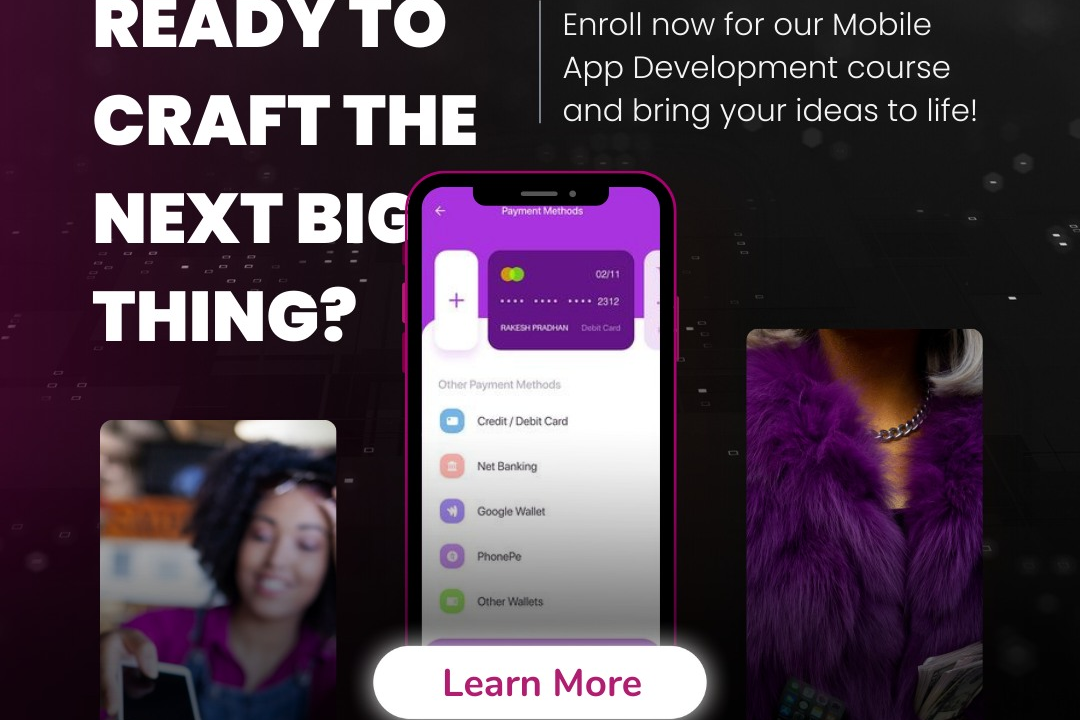Flutter Coding Methodologies For Teams
Effective Flutter Development Practices for Team Collaboration
Flutter Coding Methodologies For Teams
Flutter coding methodologies for teams emphasize collaboration, code quality, and efficient project management to enhance the development process of cross-platform applications. Teams typically adopt practices such as the use of state management solutions (like Provider, Riverpod, or Bloc) to maintain clean and manageable code architectures. Code reviews and pair programming are encouraged to foster knowledge sharing and enforce coding standards. Agile methodologies, such as Scrum or Kanban, are commonly implemented to facilitate iterative development and adaptability to changing project requirements. Additionally, leveraging tools like Flutter's hot reload feature allows for rapid prototyping and testing, while CI/CD pipelines can automate testing and deployment processes, ensuring a smooth and efficient workflow. Communication tools and version control systems (like Git) are integral to syncing team efforts and maintaining a coherent codebase.
To Download Our Brochure: https://www.justacademy.co/download-brochure-for-free
Message us for more information: +91 9987184296
1 - Flutter Architecture Patterns: Introduce students to popular architecture patterns like MVC, MVVM, and BLoC. Discuss how these can effectively organize code for scalability and maintainability.
2) Responsive Design Principles: Teach students how to build responsive UIs that adapt to different screen sizes and orientations using Flutter’s layout widgets and media queries.
3) State Management Strategies: Explore various state management solutions in Flutter, such as Provider, Riverpod, and Bloc. Discuss the trade offs of each approach based on team needs and project complexity.
4) Code Review Practices: Emphasize the importance of code reviews in team settings. Teach students best practices for providing constructive feedback and incorporating suggestions into their work.
5) Understanding Widgets: Provide deep insights into the widget tree, explaining stateless and stateful widgets and how to use them effectively to build complex UIs with clear separation of concerns.
6) Effective Use of Packages: Guide students in the discovery, evaluation, and integration of community packages from Pub.dev. Discuss how to ensure that external dependencies are reliable and maintained.
7) Consistent Code Style: Train students on the importance of adhering to a unified code style. Introduce tools like Dart’s built in formatting options and linting tools to ensure code quality.
8) Version Control with Git: Teach the fundamentals of using Git for version control, focusing on branching strategies (like Git Flow) and collaborative workflows to avoid conflicts.
9) Testing Methodologies: Introduce the significance of writing tests in Flutter, covering unit tests, widget tests, and integration tests. Discuss when and how to write effective tests for different parts of the application.
10) Continuous Integration/Continuous Deployment (CI/CD): Educate students on setting up CI/CD pipelines for Flutter apps using tools like GitHub Actions or GitLab CI to automate testing and deployment processes.
11) Modular App Development: Discuss the benefits of modularizing Flutter apps into smaller, reusable packages or modules, promoting teamwork and reducing code duplication.
12) API Integration Best Practices: Teach students how to handle network calls effectively, manage asynchronous programming using `Future` and `async/await`, and ensure proper error handling and data parsing.
13) User Experience (UX) Focus: Highlight the importance of UX in Flutter development, encouraging the use of design principles such as consistency, accessibility, and user feedback during the development process.
14) Handling Dependencies: Explain how to manage dependencies effectively using `pubspec.yaml`, including proper versioning, and discuss the implications of dependency updates.
15) Collaboration and Communication Tools: Expose students to tools like Slack, Trello, or JIRA that enhance team collaboration, task tracking, and effective communication within a team environment.
16) Documentation Practices: Stress the importance of code documentation for collaborative work. Introduce tools for generating documentation in Dart and maintaining clear comments in codebases.
17) Performance Optimization Techniques: Cover techniques for optimizing performance in Flutter apps, including the use of `const` constructors, avoiding excessive rebuilds, and efficient image handling.
18) Environment Configuration Management: Teach students how to handle different environments (e.g., development, staging, production) in Flutter using packages like `flutter_dotenv` or Flutter's flavor support.
By incorporating these methodologies into your training program, students will gain a well rounded understanding of Flutter development in a team setting, preparing them for real world projects and collaboration.
Browse our course links : https://www.justacademy.co/all-courses
To Join our FREE DEMO Session: Click Here
Contact Us for more info:
Java For Payment Processing Mumbai
digital marketing training in uk
FLUTTER TRAINING IN BAGAHA
iOS Developer Networking Opportunities
Flutter Training in Nagercoil











